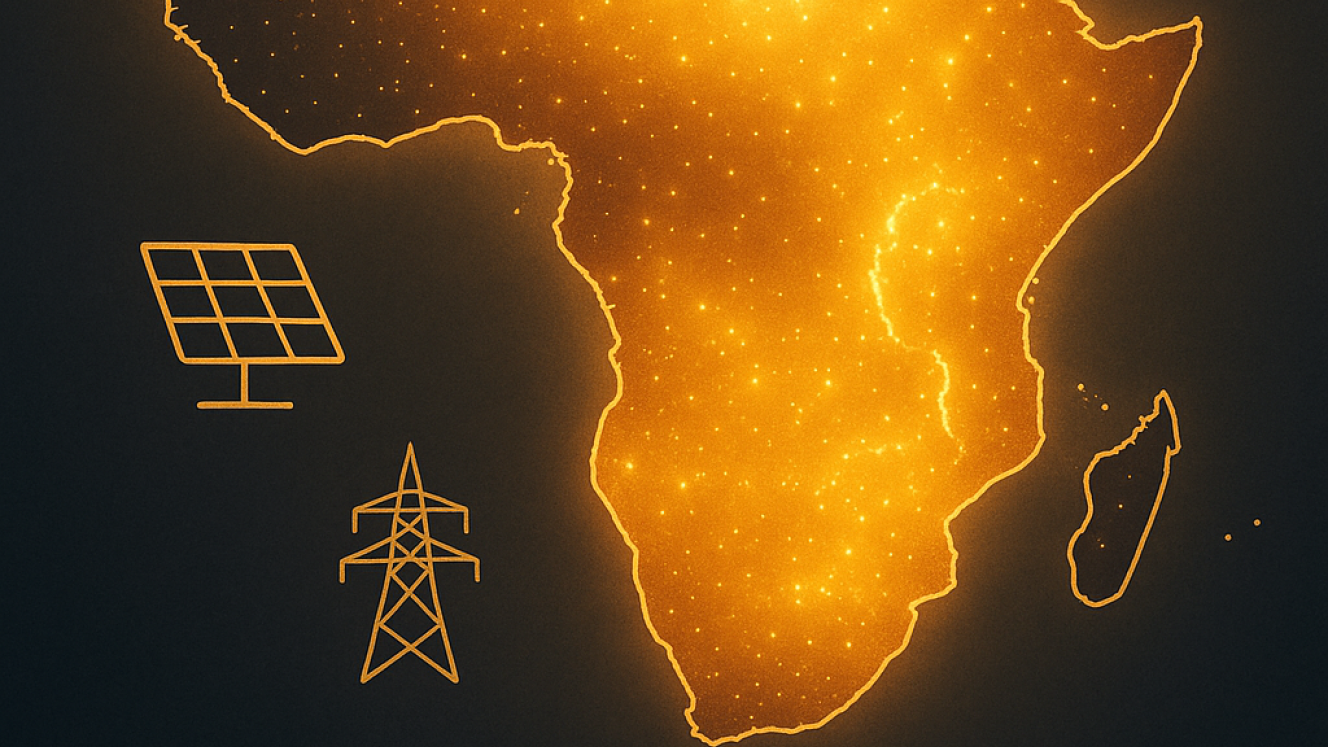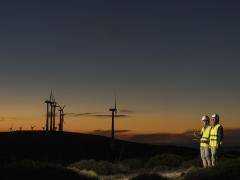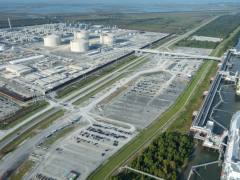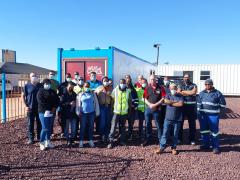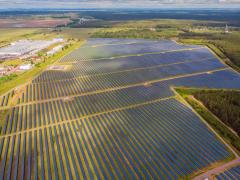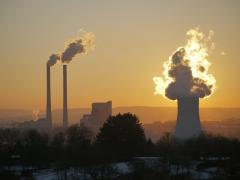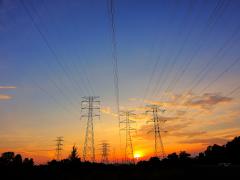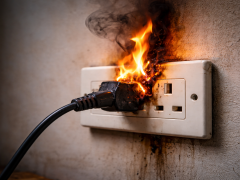A new report, Powering Prosperity Through Energy Access by Boston Consulting Group (BCG), estimates that accelerated electrification across Africa could unlock cumulative GDP gains exceeding US$500 billion (R9 trillion) by 2040. It highlights that, while global energy poverty has declined significantly since 2010, 600 million people in Africa – approximately 85% of the world’s unelectrified population – still lack electricity.
The report identifies five priority actions to accelerate energy access:
- Strengthening government planning and regulatory reform
- Upgrading grid infrastructure
- Scaling distributed renewable energy
- Unlocking capital through innovative financing mechanisms
- Promoting productive electricity use to support income-generating activities
The report projects that off-grid and decentralised renewables, such as solar home systems and mini-grids, will provide roughly half of new electricity connections by 2030, particularly for rural and low-income households.
“Achieving full electrification will require a total investment of US$180-200 billion (R3,2-R3,6 trillion),” the report says. It also highlights the need for increased use of blended finance, guarantee instruments and public-private partnerships, particularly in grid infrastructure, to attract private-sector investment at scale.
“Successful reference models already exist. Kenya, for example, increased electricity access from 32% to approximately 75% between 2013 and 2022 with around 90% of its electricity now sourced from renewables.”
According to the report, productive use of energy, combining electrification with access to appliances, machinery and skills, is critical to enable businesses and households to generate income and achieve broader socio-economic benefits.
“When Africa’s public and private sectors align efforts, backed by data-driven planning and community engagement, the lights come on – and lives change,” says Kesh Mudaly, Partner at BCG in Johannesburg.
